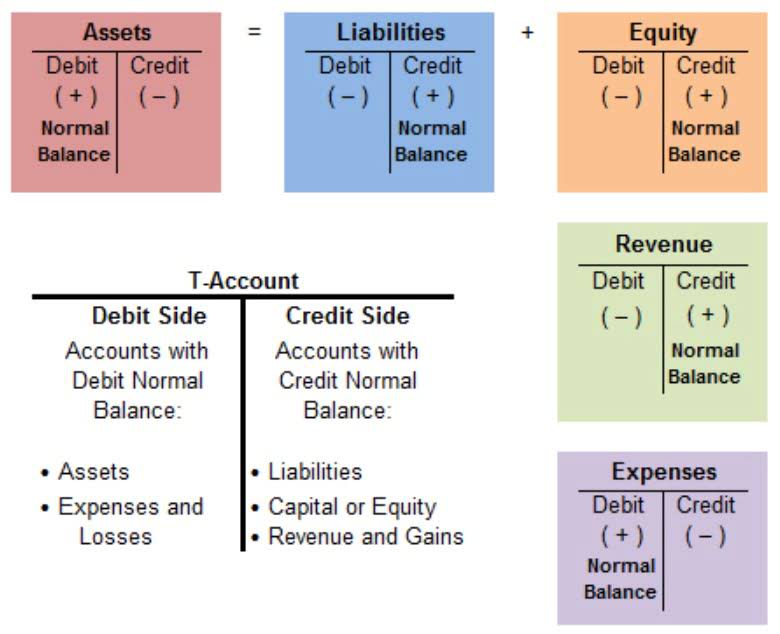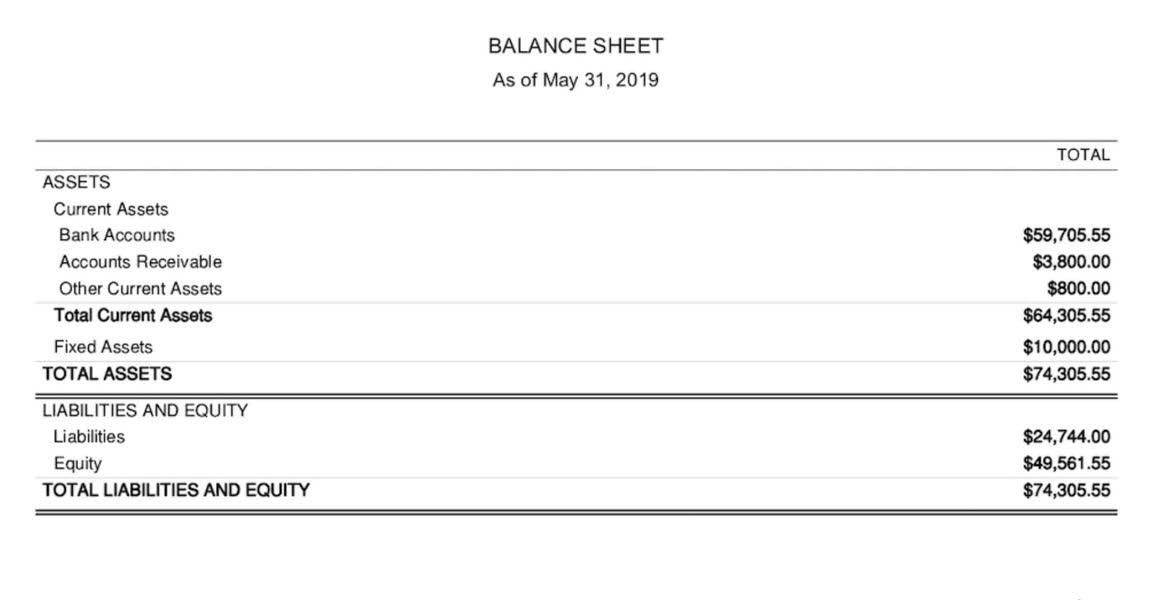Ultimate Guide To Bookkeeping For Real Estate Agents And Realtors: Best Practices for 2024
An organized approach to bookkeeping is a must for success in the real estate industry, whether you’re a seasoned professional or just starting out. Proper bookkeeping keeps your finances in order and provides valuable insights that can drive business growth. In this blog, we’ll discuss the essentials of bookkeeping for real estate agents and realtors […]

An organized approach to bookkeeping is a must for success in the real estate industry, whether you’re a seasoned professional or just starting out. Proper bookkeeping keeps your finances in order and provides valuable insights that can drive business growth. In this blog, we’ll discuss the essentials of bookkeeping for real estate agents and realtors and walk bookkeeping for real estate agents through the best practices to help you keep your financial records accurate and organized.
- This includes recording commissions earned from property sales, rental income, agent fees paid, office rent/mortgage payments, marketing expenses, etc.
- Yes, QuickBooks is a great accounting software for real estate agents, with affordable pricing, a mobile app, mileage tracking, receipt capture tools, and automatic income and expense tracking.
- The Home & Business plan is the only one that offers real estate-specific features.
- Another important feature is the owner portal regarding property status, something that Buildium has as well.
Top Features
Personal property purchases by university employees are considered outside purchases. All capital equipment gifted or transferred to the university from another institution, including research grants or contracts, must be reported to Property Control. Property Disposition determines the fair market value of transferred capital equipment, Property Control tags it, and Financial Operations records it in the Asset Management System. Bookkeepers will no longer have to worry about misplaced documents and struggle with reviewing them. Outsourcing staff members can be beneficial for streamlining bookkeeping processes. Her work has been featured by business brands such as Adobe, WorkFusion, AT&T, SEMRush, Fit Small Business, USA Today Blueprint, Content Marketing Institute, Towards Data Science and Business2Community.
Bank reconciliation

A real estate accountant is responsible for managing the financial aspects of buying, selling, leasing, and renting properties. Also known as property accountants, they play an important role in preparing documents for tax season and ensuring compliance with financial regulations. Real estate accounting is a type of accounting that focuses on financial practices related to real estate transactions. It involves tracking revenue generated by various properties and complying with tax requirements. Proper itemization of your financial accounts saves time and effort during tax season. Familiarize yourself with Schedule E deductions and other relevant categories to manage your expenses and income streams efficiently.

What are the duties of a real estate accountant?
Accounting is an important part of every industry and real estate is no exception. A real estate accountant tracks and manages all financial records related to real estate transactions, ensuring accuracy and tax compliance. Accounts Receivable Outsourcing Although the task is the same, who it is being done for makes all of the difference, and that especially applies when it comes to bookkeeping for real estate agents and real estate investors. The way it’s done can differ due to the nature of their roles and the types of transactions they engage in.

Its Early plan offers quotes and up to 20 invoices per month, bill payment for up to five bills, bank reconciliation, bill and receipt capture tools and short-term cash flow and business snapshots. Their Growing and Established plans offer added features like bulk-transaction reconciliation, multicurrency support, analytics, expense tracking and management tools and project tracking tools. Its paid plans add features, such as the ability to invite more users, pay bills, assign custom roles, manage timesheets and set up automation rules.

Bookkeeping For Real Estate Agents: The Ultimate Guide
Tracking mortgage industry miles specifically for real estate sales facilitates maximizing this lucrative deduction. A bookkeeper can manage this increased complexity and ensure your financial systems scale with your business. Consistent mistakes in your financial records can lead to bigger problems down the line. When you properly account for depreciation, you can get significant tax benefits and a more accurate picture of your financial position. If you’ve got questions about any of these reports, working with a CPA or another qualified accountant will help ensure you stay on the right track. Each page provides detailed information on how we help solve specific pain points-whether you’re behind on your books or looking to fully outsource.
- Plus, its receipt capture feature will scan your receipts and automatically import the expense and category.
- Categorize expenses correctly to ensure accurate financial reporting and easier tax preparation.
- Real estate bookkeeping software is designed for real estate professionals.
- Real estate agents often have both unpredictable income due to the commission payment structure and many tax-deductible expenses such as mileage and home offices.
- If you’ve got questions about any of these reports, working with a CPA or another qualified accountant will help ensure you stay on the right track.
One of the many ways that it stands out from other accounting software for real estate is its tracking tools and projections. For example, its project tracking tools include time tracking, mileage tracking, and expense tracking that can be divided into projects. This can help real estate agents understand which clients or transactions are taking the most time and money, as well as help investors evaluate https://www.bookstime.com/ the success of their rental properties or fix-and-flip projects.

